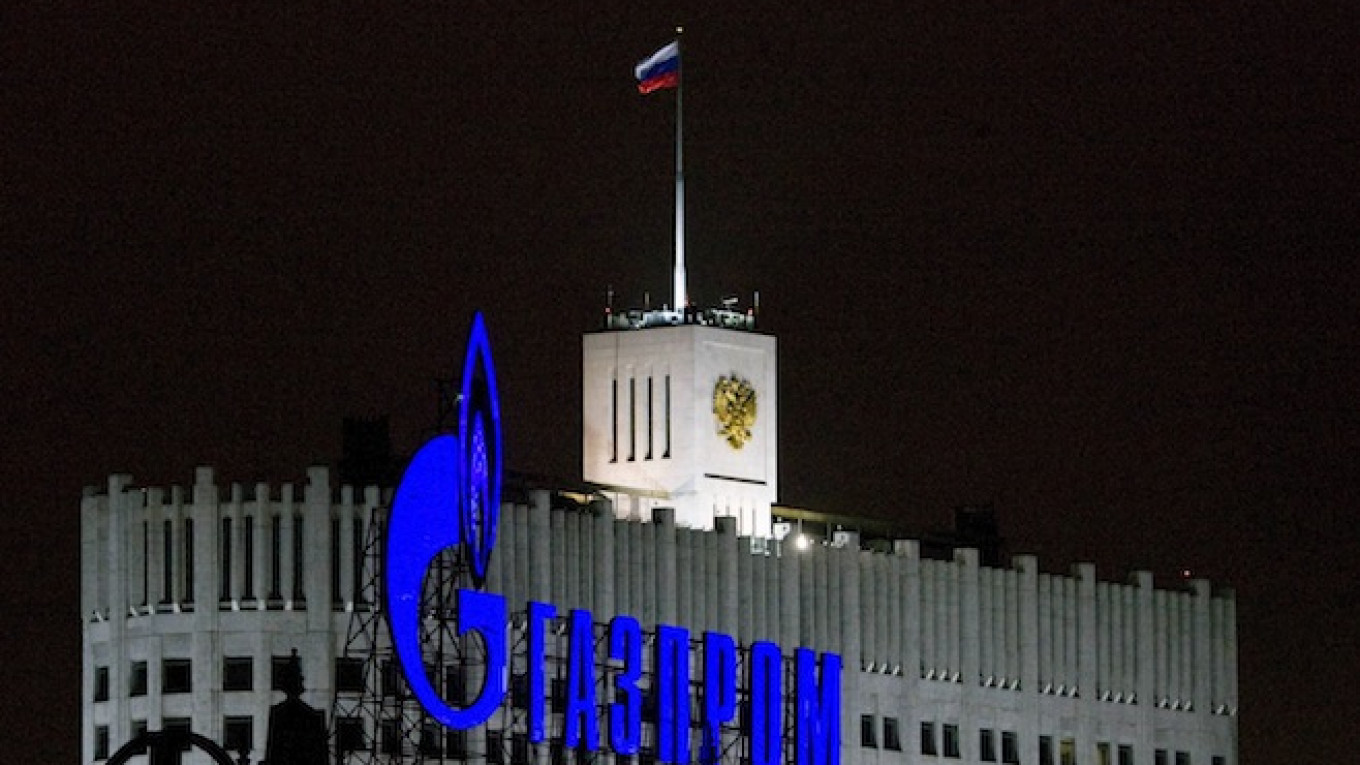With oil prices at five-year lows and Russia's ruble tumbling after them, Russia's Gazprom has once again drawn attention to the incredibly low gas prices it is forced to set on the domestic market.
Gazprom makes huge sums by selling gas abroad under long-term contracts that are tied to the oil price, but its domestic prices are controlled by the government — at what the company says are economically unviable levels.
"Under the current conditions we have to make a choice. We cannot pursue the same economic model anymore," said Valery Golubev, deputy board chairman at Gazprom, speaking at the international Gas Of Russia 2014 forum on Thursday.
Wholesale gas prices inside Russia vary depending on the region, but on average they are around 4,000 rubles ($72 at current exchange rates) per 1,000 cubic meters. European consumers pay $385 per 1,000 cubic meters.
The value of the ruble has plunged 40 percent against the U.S. dollar since January under the weight of Western sanctions and falling oil prices. At the start of this year 4,000 rubles was worth $125.
Gazprom says revenue from domestic gas sales no longer covers costs: "We would agree to a level of domestic prices that could cover our expenses for infrastructure maintenance as well as new projects, leaving at least some profit margin," Golubev said.
This is not the first time that Gazprom has called for liberalization or at least an increase in domestic gas prices, but the current state of economy is making the monopoly rase the alarm again.
The price of Brent crude, the global benchmark, on Thursday was $65, down from a high of $115 in June. Russia is one of the world's biggest energy exporters, and the country's economy is struggling to fend off recession.
Gazprom was not allowed to raise the price of gas this year. In 2015, prices are set to grow at the level of inflation.
A Message from The Moscow Times:
Dear readers,
We are facing unprecedented challenges. Russia's Prosecutor General's Office has designated The Moscow Times as an "undesirable" organization, criminalizing our work and putting our staff at risk of prosecution. This follows our earlier unjust labeling as a "foreign agent."
These actions are direct attempts to silence independent journalism in Russia. The authorities claim our work "discredits the decisions of the Russian leadership." We see things differently: we strive to provide accurate, unbiased reporting on Russia.
We, the journalists of The Moscow Times, refuse to be silenced. But to continue our work, we need your help.
Your support, no matter how small, makes a world of difference. If you can, please support us monthly starting from just $2. It's quick to set up, and every contribution makes a significant impact.
By supporting The Moscow Times, you're defending open, independent journalism in the face of repression. Thank you for standing with us.
Remind me later.


